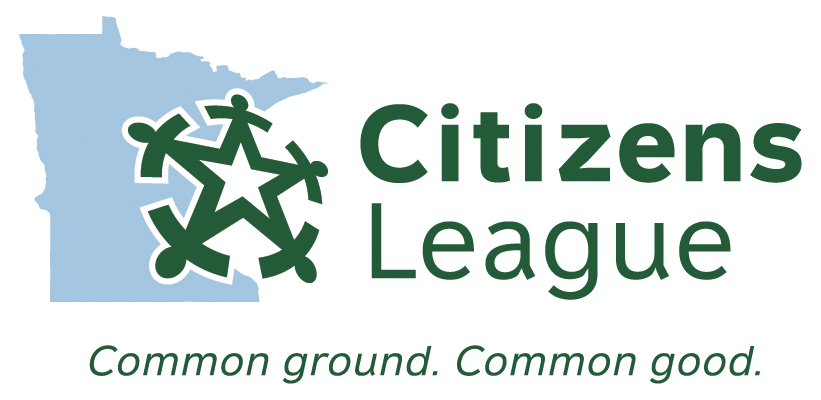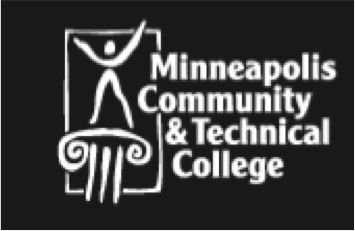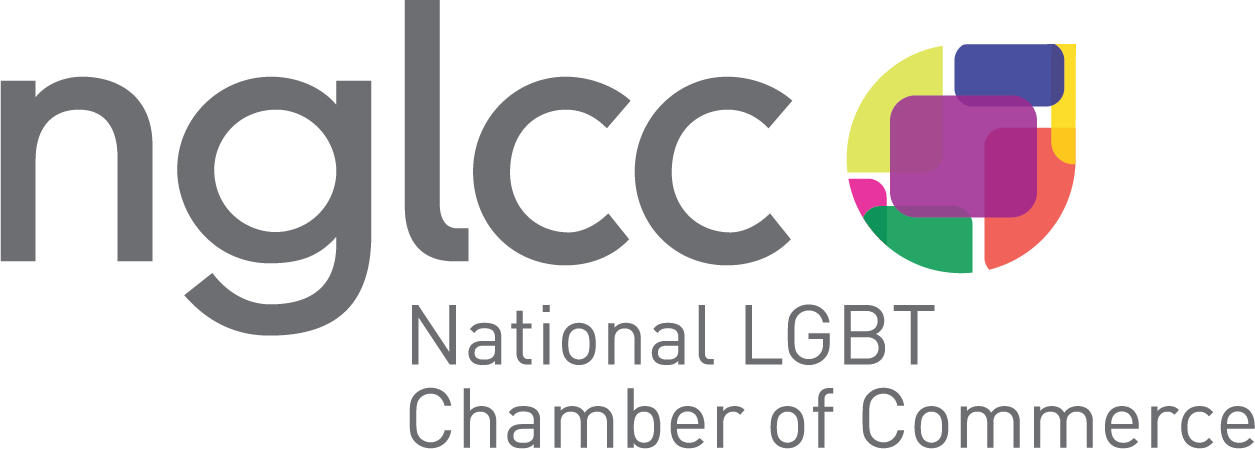 Dar Mayweather shares his journey from childhood spirituality and spiritual community to university employee to social justice entrepreneur. We get a perspective of diversity and inclusion work from both inside and outside the university and campus setting, as Dar explains the principles and tools involved in his practice of deep self work, and how taking risks and staying humble have led to his success as an independent contractor.
Dar Mayweather shares his journey from childhood spirituality and spiritual community to university employee to social justice entrepreneur. We get a perspective of diversity and inclusion work from both inside and outside the university and campus setting, as Dar explains the principles and tools involved in his practice of deep self work, and how taking risks and staying humble have led to his success as an independent contractor.
Dar Mayweather serves as the founder of http://www.doingthegoodwork.com. His pronouns are he, him, and his. A first generation college student, Dar earned a Bachelors in Criminal Justice, a Masters in Education and is currently pursuing a Doctorate in Educational Leadership. His professional leadership journey began in corporate, then mental health, and now higher education. He gets energy from speaking in front of crowds and training people on how to lead across difference. You can follow him @doingthegoodwork on FB & IG and @goodmayweather on Twitter.
Show Highlights:
- Dar shares a little more about who he is and how non-denominational spirituality has formed who he is as a social justice entrepreneur 01:52
- Dar shares his salient identities 03:10
- How do you feel your early life and background has shaped your professional and social life today? Do you bring those skill sets and that experience into the college environment? 04:56
- Tell us more about the work you’re doing today inside and outside of the college environment around inclusion and equity 07:42
- In regards to the work that you do inside and outside of the university, how would you describe that to other practitioners who are considering going out on their own? And doing this work off campus, as a consultant, as a speaker, as an entrepreneur? 11:49
- What happens when we layer in systemic oppression, marginalized entities into the struggle to believe in oneself enough to do the difficult work of being a social justice entrepreneur? Do you have any tips or tricks for folks who are dealing with this and self doubt? 14:53
- What does it look like to develop a strong practice of fine-tuning one’s self work? 19:00
- Tells us more about how you arrived to this work 21:45
- Are there any resources, books, or podcasts that really shape or inform the way that you approach this work? 25:28
- If you came across a colleague that asked why they should attend SJTI (Social Justice Training Institute), what would you tell them? 29:43
- What are the biggest professional lessons that you have learned and you can share with our listeners? 31:42
- Other than attending summits and conferences, what are some of the ways that you invest in yourself? 33:36
- What’s that one piece of guidance that you’d give to other professionals that are doing social justice and inclusion work today? 36:54
- What’s the next thing you’re working on? 38:06
Notable Quotes:
- “The religion that I group in–I found that shame and blame was a huge part of the orientation of the religion, so I was taught to teach, to go out and preach to people that Christianity was wrong. And then I was arguing about Christianity. And one thing you would know about me if you know see me I’ve always got a smile on my face. I’m always happy I’m always trying to bring people together. And one thing my religion was not doing at the core of me was helping build a community. And so, I disassociated. I went to a more spiritual route. I started studying other religions. But really what where that comes from is recognizing that blame and shame has no place in social justice. It has no place in the love for social justice. If you really.. care about the work of social justice, like, you will recognize that love does more for it than hate, than separation.. It does more for building community than anything else in the realm of social justice. And, I think that’s what really helped me understand, and how I do the work more today is all about bringing people in, accepting people where they are. I don’t care how ignorant they are. I’ve done enough self work to be able to deal with some of the issues that other people have, because it doesn’t bother me. And so, I’m able to educate.” 05:24
- “If you really.. care about the work of social justice, like, you will recognize that love does more for it than hate, than separation.. It does more for building community than anything else in the realm of social justice. And, I think that’s what really helped me understand, and how I do the work more today is all about bringing people in, accepting people where they are. I don’t care how ignorant they are. I’ve done enough self work to be able to deal with some of the issues that other people have, because it doesn’t bother me. And so, I’m able to educate.” 06:13
- “2016, I was sitting on my couch, really not doing anything with my life as it relates to the work outside of the university. Like, I was not this person who was going across the country presenting and all these things. I tell you this, all these things happened by me just really being fed up with institutions not really doing what it takes for the work to be equitable and equal for everyone to have all the access that they need to the university’s resources. Once I got to a point where I was done, I was done. I quit–took a huge leap of faith.” 09:18
- “Ethics is key, and it’s a huge conversation around consulting and higher education right now, because there are a lot of practitioners that are consultants. There are a lot of people who are full time who are also highly sought after. And the problem comes when people are not taking the time off to go across the country and they’re getting paid on the university’s dime to be gone. And that’s just unethical. And then you get misconstrued and you integrity is challenged and oftentimes you’re looked at as a dishonest person.” 12:02
- “When you believe it’s your calling, you will be challenged. You will be challenged to grow, you will be challenged to change, you will be challenged to be better–and none of that comes easy. All of that–all of those three things is super hard. It’s super hard to do.” 13:11
- “If you only try once, or if it only took one person to tear you down and make you believe that this wasn’t for you, how bad did you really want it? How bad did you really want the success for that?” 13:52
- “Self work is the reason why I have been so successful.” 16:22
- “No matter how good you are, no matter how great you get, there’s always somebody out there who knows a little bit more, that can give you a little bit more. Even people who motivate people need motivation. And so, knowing that, you need to have the ability to take critique and do the self work that is needed to say: This is where I lack.” 16:38
- “When people can dissect your work, take it as a compliment that it’s something that they’re willing to take the time to actually break down and give you some feedback on.” 18:08
- “I believe vulnerability is the key to really finding out who your authentic self is” 19:20
- “Another piece of how to develop yourself is to put your head in the research. Think about it like this: What expert do we know that don’t put in work on the research end? Can you even be considered an expert if you don’t do any research?” 34:13
Inspirational quote by Dar Mayweather: “I believe entrepreneurship is the only sure way that my community will get what it needs in health care, education, politics, and economics.” 43:33
Links Mentioned:
- The Social Justice Training Institute http://www.sjti.org/
- Dar recommends the book, “Teaching to Diversity and Social Justice” by Maurianne Adams
- Dar’s website with free webinars & other resources: https://www.doingthegoodwork.com/freeresources
- Follow his work on social media at #doingthegoodwork
- Connect with Dar on the following platforms:
- Instagram: @doingthegoodwork
- Facebook: https://www.facebook.com/doingthegoodwork/
- Twitter: @goodmayweather
- Email: info[at]doingthegoodwork.com
*This post contains affiliate links and I will be compensated if you make a purchase after clicking on my links.
Join the newsletter

You are going to love this collection of the top 3 requested resources from our Social Justice Toolkit series! Download here.








